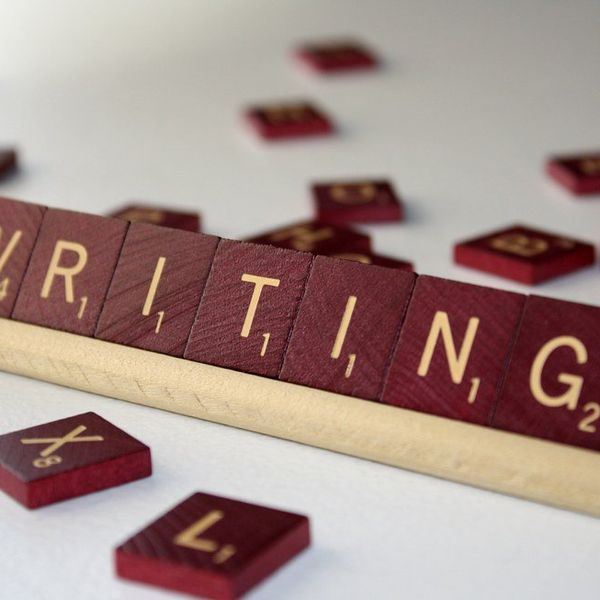As is often the case with young authors and artists, I have the correct combination of hubris and humility to give a little advice on the craft I've dedicated every sleepless night in my life to.
1. Avoid Melodrama.
Your story doesn't need a flood, a car crash, and a cancer diagnosis altogether. Try to focus on one thing your character wants, and what is helping or hindering said protagonist from achieving this.
2. Using too many different dialogue tags.
More often than not, less is more (No, I should not have used that cliche either but it's Monday. I'm writing a listicle. Or maybe a Charmin ultra commercial. Who knows; this is, after all, the internet). As the author, you should be omniscient as God and alone as art. When your protagonist shouts, trills, shrieks, or hollers, it reminds the reader that they are sifting through a marked-up pile of paper. Stick with said; it's by far the least obtrusive.
3. Cliches. All of them.
Roses are red
Violets are blue
Instead use some similes
that are original to you.
4. Unrealistic conversations between characters.
If you've never heard anyone say it, chances are, your character won't either. Don't make arguments over the top and infused with malicious, relationship-destroying emotional blows and insults. Subtext is your friend. Imply some of the irritation; people are passive aggressive to a fault. Have your character bite their lip, wring their hands, drop something on purpose. While words themselves are plaster and polyurethane of the story, it needs curtains and cabinets, just like a well-furnished room. Don't let the conversation be the entire story (unless it's a play, which remains an entirely different beast that I have no authority to comment on).
5. You don't need that adverb, I promise.
I, along with Stephen King, have touched on this point before, but adverbs continue to pervade otherwise promising writing. I am by no means proposing an all-out ban, but whether you notice at first or not, adverbs get tacked on to weak actions. Example: "He banged his fist on the table angrily." My friend, if the dude is banging his fist, or swinging it, or red in the face, the audience is able to infer his anger. Don't patronize your readers by spelling everything out to them.





















